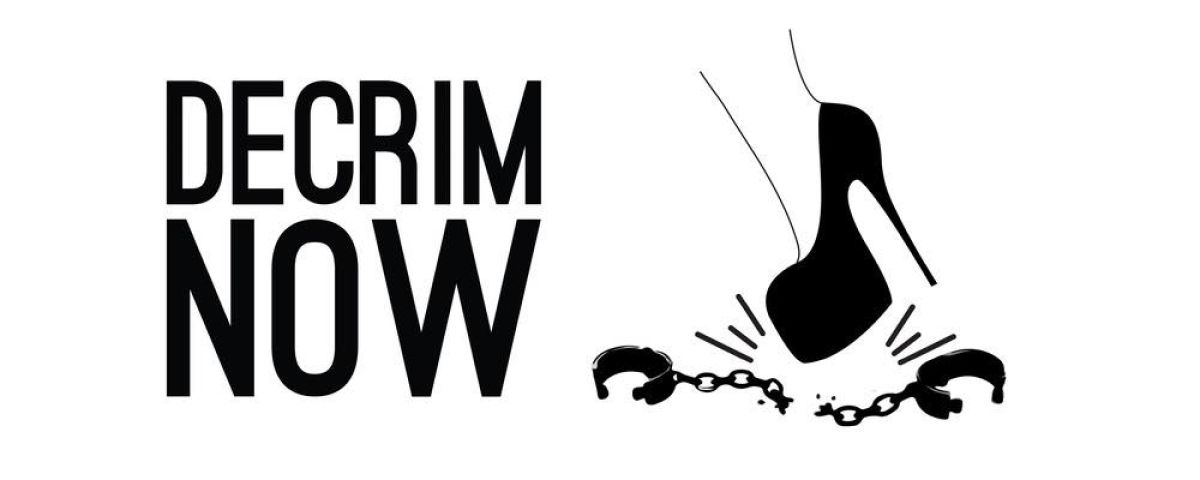
Sex work is an incredibly divisive issue among feminists. For some, the industry is symbolic of patriarchy, and thus should be criminalised for the sake of women. However, the dangers posed by the criminalisation of sex work mean that supporting it is not a morally legitimate stand-point for anyone who regards themselves as a feminist.
Feminism, as a movement concerned with the promotion of equality in every aspect of life, should be primarily concerned with the welfare of sex workers. Sex work is an undeniably complex issue that should continually be debated, just as many other working practices should be.
Arguably, telling a woman that her job is illegitmiate is a deeply misogynistic attitude to adopt that has real life consequences for sex workers. Although, it must be said, while the majority of those that carry out sex work are women, huge numbers of men and gender-nonconforming people also rely on sex work for income.
Criminalising a number of practises linked sex workers’ jobs condemns these people to a life of increased vulnerability and decreased safety. Sex workers are also further ostracised by society because what they do with their bodies is not conforming to what is socially acceptable.
Decrim Now is a campaign launched by sex workers, with support from various academics and politicians, that’s fighting for the total decriminalisation of sex work.
Currently in the UK, selling sex itself is not illegal, however, many activities associated with it are. For instance, sex workers are unable to legally live in housing together, leaving them isolated and consequently vulnerable to exploitation. Fear of arrest leaves workers fearful of reporting violence to the police, indisputably putting these individuals in jeopardy.
Decriminalisation means allowing sex workers to work without the threat of criminal sanctions. It is recognised by the likes of the United Nations, World Health Organisation and Amnesty International as the safest legal structure under which sex workers can work. Furthermore, it allows those who wish to exit the industry a much more viable route out, as they do not have criminal records due to their past occupation.
Alternative legal models, such as the Nordic Model or ‘sex-buyer law’ have been put forward. This model decriminalises sex workers themselves and offers them support for exiting the sex trade, whilst criminalising those who purchase sexual services.
This supposedly ‘progressive solution’ to sex work in fact pushes women into more vulnerable positions. In Ireland, where this model was implemented in 2017 with the aim of decreasing the use of sexual services, reported incidences of violent crime against sex workers have risen by almost 50%. Furthermore, the use of sex workers has not reportedly decreased as of 2018.
This lies in stark contrast to the success of the decriminalisation of sex work in New Zealand, which occurred in 2003. 90% of workers had more employment, legal and health and safety rights; 70% were more likely to report violence to the police and 64% found it easier to turn down clients, which is key to reducing exploitation.
Anyone who purports to advocate women’s rights can see plainly the need to adopt such laws. Criminalising sex work denies women rights in their workplace, and thus denies them their safety.
We are within a neoliberal capitalist system which makes all kinds of unfair, exploitative working practices a reality for many people, so that they can put food on the table. Differentiating sex work from other work is part and parcel of a legacy of the demonisation of sex and, in the end, only results in, often working class, women suffering as a consequence.
Sex work is work, and under the current economic system we all need a way to survive.







